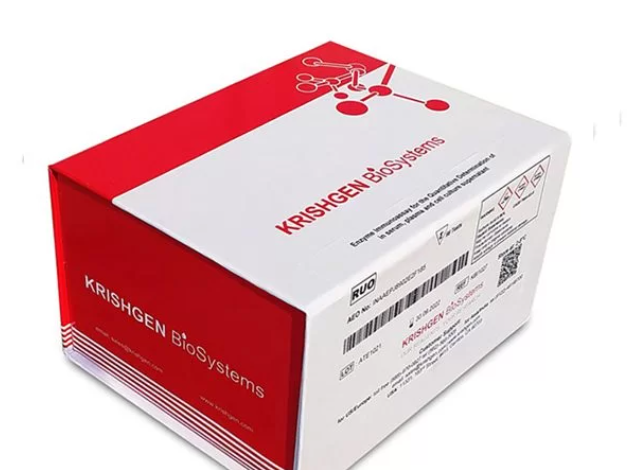
Golimumab, a fully human monoclonal antibody, is an anti-tumor necrosis factor (anti-TNF) therapy used to treat several autoimmune conditions, including rheumatoid arthritis, ulcerative colitis, and ankylosing spondylitis. As with any therapeutic regimen, monitoring drug levels and patient responses is vital for optimizing treatment. The Enzyme-Linked Immunosorbent Assay (ELISA) for golimumab plays a crucial role in this process. This article explores why golimumab ELISA is essential for patients undergoing anti-TNF treatment.
Golimumab works by binding to TNF-alpha, a pro-inflammatory cytokine involved in systemic inflammation. By inhibiting TNF-alpha, golimumab helps reduce inflammation and halt disease progression in patients with autoimmune disorders. However, individual responses to anti-TNF therapies can vary significantly, necessitating careful monitoring.
The Role of ELISA in Monitoring Golimumab Levels
Quantification of Drug Levels
The golimumab ELISA test measures the concentration of golimumab in a patient’s serum. Monitoring drug levels is essential for several reasons:
- Ensuring Efficacy: Maintaining therapeutic levels of golimumab in the bloodstream is crucial for its effectiveness. If levels are too low, patients may experience a resurgence of disease symptoms, while excessively high levels can lead to increased risk of adverse effects.
- Guiding Dosing Adjustments: By assessing drug levels, healthcare providers can make informed decisions about dosage adjustments. This personalized approach helps optimize treatment and improve patient outcomes.
Assessment of Immunogenicity
In some patients, the immune system may recognize golimumab as a foreign substance, leading to the development of anti-drug antibodies (ADAs). The golimumab ELISA can also be utilized to evaluate the presence of these antibodies:
- Monitoring Immune Response: The presence of ADAs can neutralize the drug, rendering it ineffective. By detecting these antibodies, clinicians can determine whether a patient’s treatment needs to be altered.
- Predicting Treatment Failure: Patients with detectable ADAs may experience a decrease in therapeutic efficacy, leading to treatment failure. Early detection allows for timely intervention.
Improving Patient Management
Tailored Treatment Plans
By incorporating golimumab ELISA into routine monitoring, healthcare providers can develop personalized treatment plans based on individual patient responses. This tailored approach can enhance treatment efficacy and minimize the risk of adverse effects.
Reducing Healthcare Costs
Effective monitoring through golimumab ELISA can help avoid unnecessary treatments or hospitalizations resulting from ineffective therapy. By ensuring that patients remain within therapeutic drug levels, healthcare systems can reduce overall costs associated with disease management.
Enhancing Patient Satisfaction
Patients who experience effective treatment with fewer side effects are more likely to adhere to their medication regimen. Regular monitoring using ELISA can foster a sense of trust and confidence in the treatment plan, enhancing patient satisfaction and engagement in their own care.
Conclusion
Golimumab ELISA is a crucial tool for managing patients undergoing anti-TNF treatment. By providing insights into drug levels and the presence of anti-drug antibodies, ELISA allows healthcare providers to tailor treatment plans, improve patient outcomes, and reduce healthcare costs. As the landscape of autoimmune disease management continues to evolve, the importance of effective monitoring strategies like golimumab ELISA cannot be overstated. Ensuring that patients receive the most effective and personalized treatment is key to managing their conditions and enhancing their quality of life.


